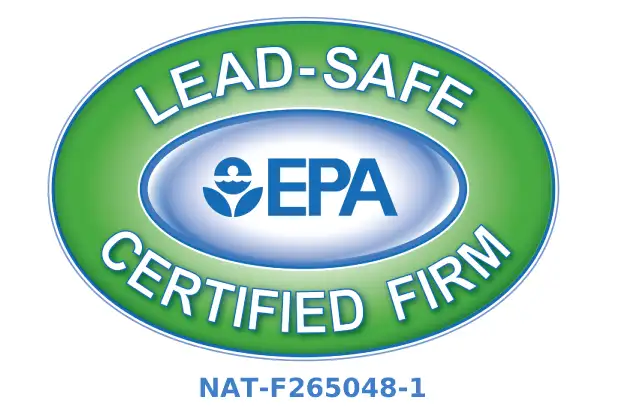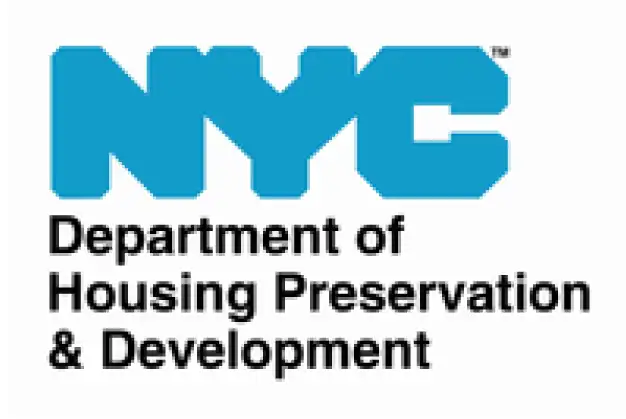Flat roofs are a common feature in many commercial buildings, offering a sleek appearance and practical benefits. The lifespan and replacement frequency of flat roofs can vary significantly from other roofing types such as metal roofs or sloped roofs, each with its own maintenance requirements and durability factors.
While also found in some residential structures, they are particularly prevalent in commercial architecture. At Abstract Roofing & Construction, we understand the importance of timely flat roof replacement to protect your commercial property and ensure optimal performance.
Factors Affecting Flat Roof Lifespan
The longevity of a flat roof depends on several factors. Material quality plays a significant role, with high-quality roofing materials significantly extending a roof’s lifespan. The type of flat roofing material and roofing membrane used also affects durability.
Installation expertise is equally important. A quality flat roof requires proper installation and maintenance by experienced professionals to ensure the flat roof lasts longer. Skilled roofing contractors use best practices for optimal results. Extreme temperatures, precipitation, and sunlight can cause roof damage over time.
Regular inspection and timely roof repair help identify and address issues early, preventing minor problems from escalating. Timely roof coating applications can also significantly extend the lifespan of a flat roof, potentially delaying the need for full replacement by several years.
Signs It’s Time for Flat Roof Replacement
Understanding when to replace your flat roof is helpful for maintaining your building’s integrity. Important indicators include persistent water damage such as roof leaks or water stains on ceilings, extensive damage like large cracks, blisters, or separations in the roofing material, and energy efficiency issues resulting in sudden increases in heating or cooling costs. Age is also a factor, as most flat roofs last 15-30 years, depending on the flat roofing material and usage intensity.
Types of Flat Roofing Systems
Flat roofs come in various types, each with its own set of characteristics and lifespan. Understanding these options helps building owners make informed decisions when considering flat roof replacement. Here are some common commercial flat roofing systems:
- Built-up Roofing (BUR): Often called “tar and gravel” roofs, consisting of multiple layers of bitumen and reinforcing fabric
- Modified Bitumen: An evolution of BUR, incorporating polymer-modified bitumen layers for added strength and flexibility
- EPDM (Ethylene Propylene Diene Monomer): A popular single-ply membrane known for its durability and UV resistance
- TPO (Thermoplastic Polyolefin): A thermoplastic membrane offering excellent energy efficiency due to its reflective properties
- PVC (Polyvinyl Chloride): Another thermoplastic option known for its durability and chemical resistance
- Spray Foam: Provides seamless coverage and superior insulation
Each system has its pros and cons in terms of cost, installation complexity, and longevity. In some commercial applications, metal roofing can be an alternative to traditional flat roof materials, offering a different lifespan and replacement cycle. A professional roofing contractor can assess your specific commercial needs and recommend the most suitable system for your building.
Flat Roof Replacement Process
When it’s time for a full replacement of a commercial flat roof, the process typically involves several steps with a roofing inspector. It begins with a thorough roof inspection to assess the current roof condition. Next comes material selection, where you choose the right flat roofing material for your commercial needs. Buildings with both flat and sloped roof sections may require different replacement schedules for each area, complicating the overall roof maintenance strategy.
The old roofing system is then carefully removed, followed by the precise application of new roofing materials. The process concludes with a final inspection to ensure the new roof meets all quality standards and commercial building codes for business owners.
Our team of experts will assess your needs, provide customized recommendations, and deliver a detailed quote that fits your budget.
Cost Factors of Flat Roof Replacement
The choice between a flat roof and a metal roof can impact both initial installation costs and long-term replacement frequency, influencing the overall lifecycle cost of the roofing system. Understanding the cost factors involved in flat roof replacement helps building owners budget effectively and make informed decisions. Several variables impact the total flat roof replacement cost:
- Roof Size: Measured in square feet, larger commercial roofs require more materials and labor
- Roofing Material: Options range from economical built-up roofing to premium single-ply membranes
- Roof Complexity: Number of penetrations (vents, skylights, HVAC units) affects labor costs
- Existing Roof Condition: Extensive water damage repairs or complete removal before installation increases costs
- Geographic Location: Influences pricing due to variations in labor rates and material transportation costs
- Building Height and Accessibility: Impacts equipment needs and safety requirements
While it’s tempting to opt for the lowest-cost option, investing in quality materials and professional installation often provides better long-term value for commercial properties. Many flat roof contractors offer financing options or phased replacement plans to help manage the cost of a new flat roof for businesses.
Choosing the Right Roofing Professional
Roofing professionals with expertise in various roofing services, including flat or metal roofing, and sloped roof systems, can provide valuable insights into replacement timing and options. Look for extensive experience with commercial flat roofs, energy efficiency, roofing inspectors, proper licensing and insurance, positive customer reviews from other businesses, and transparent pricing with free estimate offerings.
About Abstract Roofing & Construction
At Abstract Roofing & Construction, we specialize in providing quality flat roof replacement services. With over 200 dedicated professionals, we bring unparalleled expertise to every project, from sprawling commercial complexes to smaller structures. Founded on integrity and teamwork, we’ve provided over $1 billion in exterior and interior construction services.
Our specialties include roofing, waterproofing, and renovation services, all delivered with cutting-edge techniques and premium materials. We use advanced systems like HydroStop for superior water infiltration protection, extending roof life and preventing costly damage. Our comprehensive services enhance both functionality and aesthetics, tailored to each client’s unique needs.
Whether you’re managing a large property or overseeing a more modest project, our team is equipped to provide solutions that stand the test of time. At Abstract Roofing & Construction, we’re committed to delivering superior service day in and day out. With our proven track record and commitment to excellence, you can trust us to protect your investment and exceed your expectations, ensuring durable, energy-efficient, and resilient roofing solutions for years to come.
Frequently Asked Questions
How do I know when my flat roof needs replacing?
You can identify the need to replace your flat roof by observing indicators including persistent leaks, significant pooling of water, visible cracks or tears in the roofing material, and a sagging appearance indicating structural issues. If your roof is also approaching or has surpassed its expected lifespan, it’s advisable to consider a replacement to avoid more severe problems.
What maintenance does a flat roof need?
Flat roofs require regular maintenance includes routine inspections at least twice a year and after any severe weather events to check for ponding water, cracks, blisters, and debris that can clog drains.
How often should I reseal a flat roof?
It is advisable to reseal a flat roof every 5 to 10 years to maintain its integrity and prevent leaks. However, in areas with extreme weather conditions or if the roof is subject to heavy wear and tear, it may require more frequent roof sealing. Regular inspections can help identify when resealing is necessary.
Should you pressure wash a flat roof?
It is generally not recommended to pressure wash a flat roof due to the potential damage high pressure can cause to the roofing material, including creating leaks or exacerbating existing ones. Always prioritize consulting a professional to assess the best cleaning method for your specific type of flat roof.



